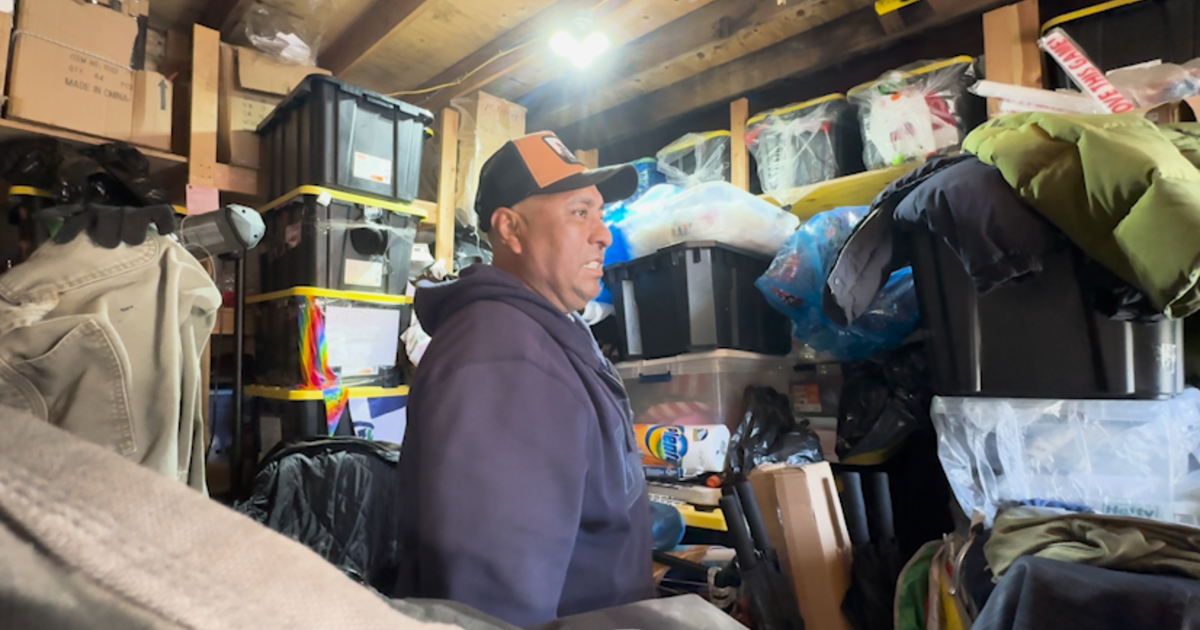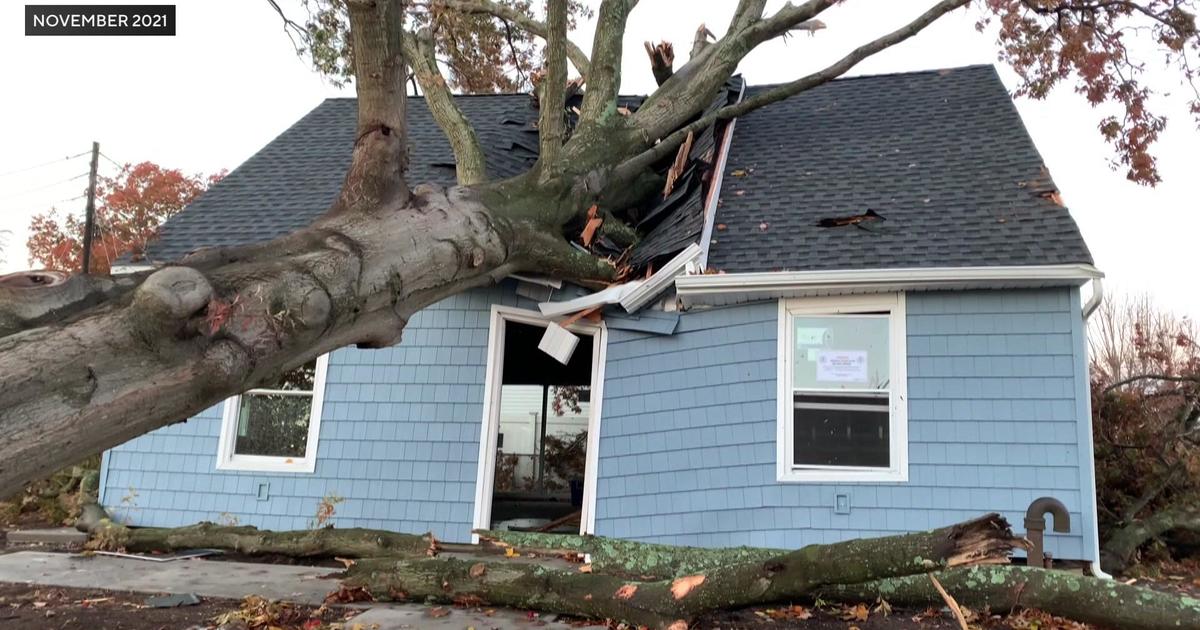Black Lives Matter leaders reflect on progress in the 2 years since George Floyd's murder
NEW YORK -- Wednesday marks two years since George Floyd was murdered by a Minneapolis police officer. The massive Black Lives Matter movement which followed affected change around the country and here in New York.
CBS2's Ali Bauman sat down with some of the movement's leaders.
READ MORE: President Biden signs executive order on policing 2 years after George Floyd's death
When thousands of protesters filled the streets of New York City in 2020, calling for systemic change, you would find Chi Ossé in the center of the crowd week after week.
"We came into the protests in 2020, or at least I did, wanting to change the entire system, but we can only do that when we're building power on a local level," Ossé said.
Two years later, Ossé is now a city councilman based in the Bedford-Stuyvesant section of Brooklyn.
"I'm still advocating for what I believe in. There are some like-minded individuals in the council that share my beliefs and views, but we are the minority," Ossé said.
After the murder of Floyd in Minneapolis, New York state passed some police reforms, which include banning chokeholds, limiting qualified immunity, and repealing 50-A, which sealed disciplinary records for officers found guilty of misconduct.
The NYPD disbanded its plainclothes Anti-Crime Unit, but a new iteration has since been created under Mayor Eric Adams, a former cop.
"About a year after George Floyd's death, politicians forgot about us," said Hawk Newsome, co-founder of Black Lives Matter Greater New York. "People were scared because there was crime in the streets, so they became pro-police again."
The streets may have cleared, but the fight continues.
"What are some of the most important things you want to see happen for police reform in New York?" Bauman asked.
"The fact that the CCRB does not have that many teeth when it comes to holding the NYPD accountable is one of the simple asks that protesters and like-minded elected officials were asking for," Ossé said.
The CCRB -- Civilian Complaint Review Board -- oversees and investigates NYPD misconduct.
"The ultimate decision for disciplinary actions still remains with the police commissioner," said Arva Rice, interim chair of the CCRB.
In the wake of protests, the NYPD agreed on a disciplinary matrix with the CCRB to establish guidelines for police discipline. Bauman asked the CCRB chair if it has been effective.
"The jury is still out. We definitely have utilized it in order to have more agreement between the CCRB and police department on recommendations," Rice said.
Newsome and Ossé say the momentum from two years ago now continues on a local level.
"After George Floyd and all of the racism, Black people are coming closer and closer together and building stronger communities," Newsome said.
"It did spark different thought within individuals, and even though the thought isn't coming to fruition in the immediate, I really do believe it inspired a young generation of leaders that are building the foundations of creating mass change in the future," Ossé said.




